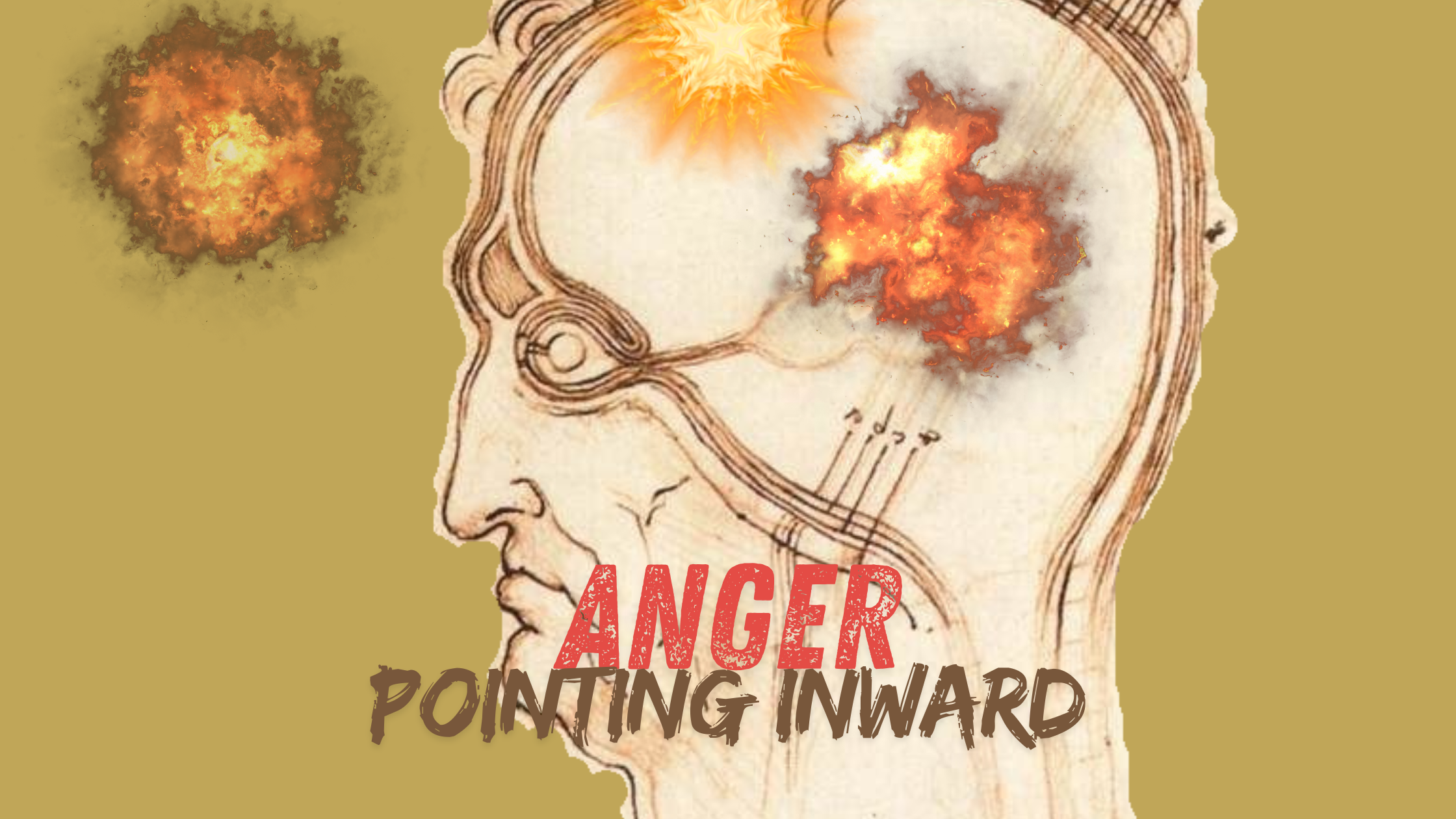
I read something recently that caught my attention: Suppressed anger doesn't just affect your mood, it can trigger persistent stress responses that impact your immune system and inflammatory processes.
But here's what really got me thinking. Most of the time, when we think we're angry at someone else, we're actually angry at ourselves.
The misdirection of anger
You're frustrated with your colleague who keeps interrupting you in meetings. But underneath? You're angry at yourself for not speaking up the first five times it happened.
You're irritated with your boss for giving you another last-minute project. But really? You're furious with yourself for saying yes when everything in you wanted to say no.
You're resentful toward that friend who always cancels plans. But the deeper anger? It's at yourself for not setting a boundary about what you will and won't accept.
We've become experts at pointing anger outward when it's often trying to tell us something about how we've betrayed ourselves.
The cost of self-betrayal
Every time we don't honour what we actually want, need, or believe, we create a small internal fracture. We swallow our truth to keep the peace. We smile through situations that make us uncomfortable. We say yes when every cell in our body is screaming no.
And all of that unexpressed, misdirected anger? It doesn't just disappear. It accumulates. In our bodies, in our relationships, in our work.
Studies show that suppressed emotions, particularly anger, can lead to chronic stress activation, affecting everything from our immune function to our ability to think clearly. What we don't express, our bodies express for us.
Anger as information
What if we stopped seeing anger as the problem and started seeing it as intelligence? What if, instead of immediately looking for someone to blame, we asked: What is this anger trying to tell me about how I'm not honoring myself?
Maybe it's saying: You need to speak up. You need to set a boundary. You need to stop agreeing to things that drain you. You need to respect your own values, even when it's uncomfortable.
It's worth it to listen to what your anger knows.
Because anger isn't the enemy, self-betrayal is. And the healthiest thing you can do isn't to suppress what you're feeling, but to get curious about what it's trying to teach you about living more aligned with who you actually are.